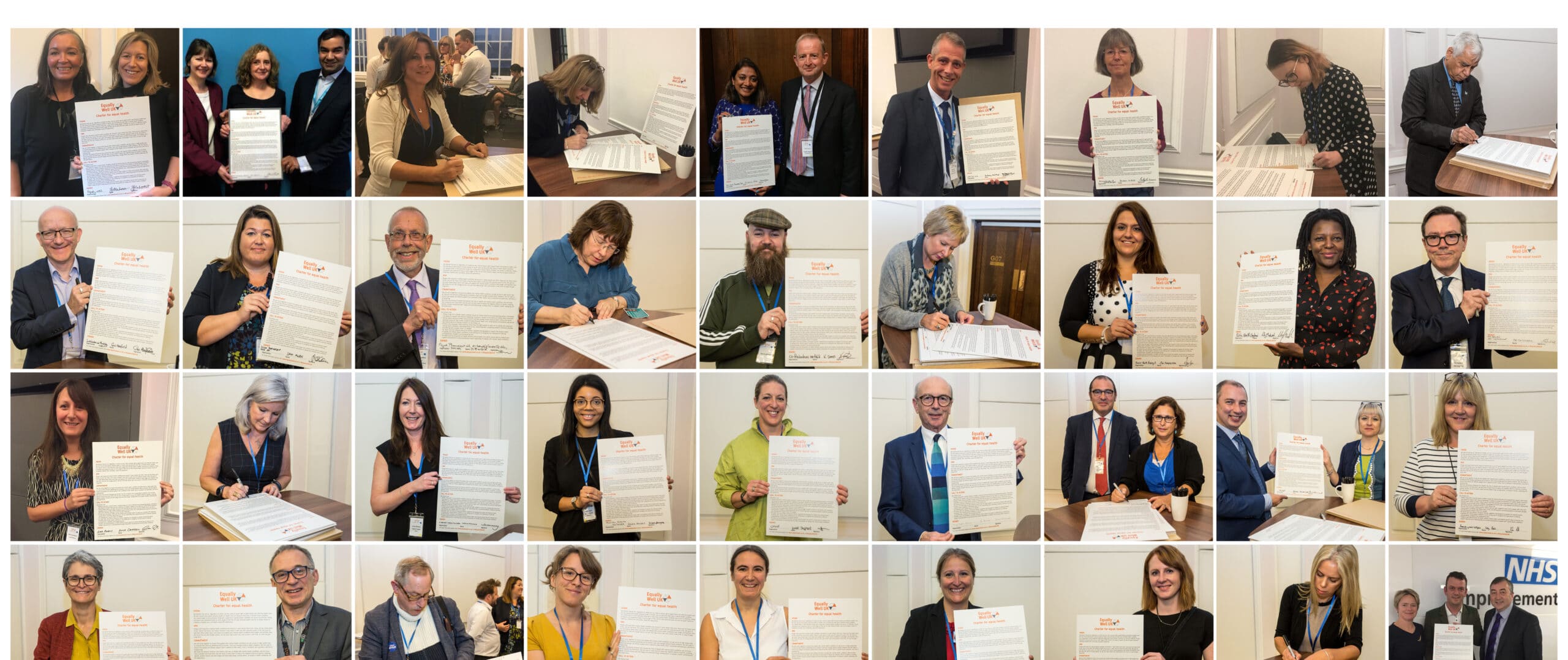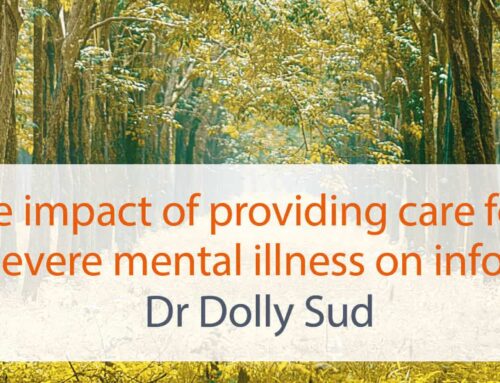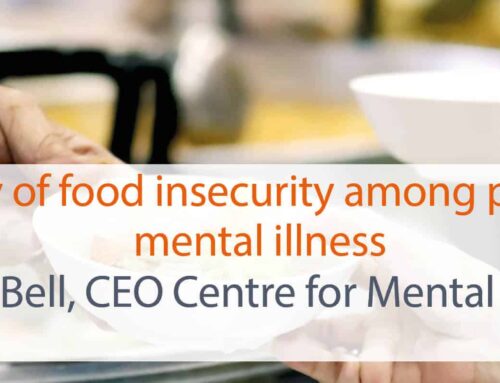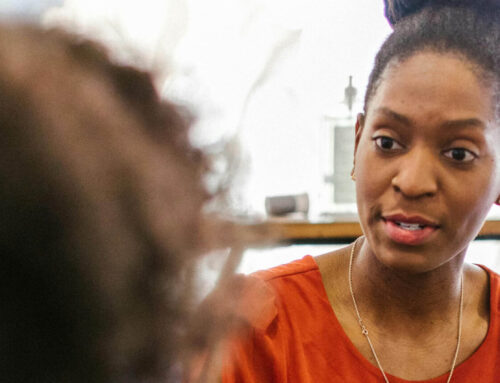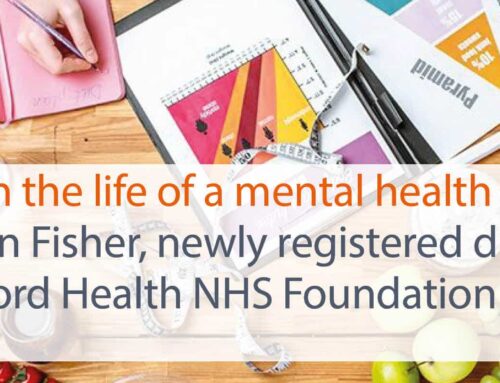
Last week, Public Health England’s new Health Profiles for England document reported that premature mortality among people with a severe mental illness was some 3.7 times higher than the general population. This means that people with mental health conditions are almost four times as likely to die before the age of 75 as anyone else.
It is now well known and often cited that the life expectancy of someone with a mental illness is 15-20 years shorter than average – so much so in fact that it is at risk of becoming taken for granted, as an accepted fact that can never be changed.
For people living with a mental illness and their families, these statistics are more than just numbers. They mean that too many face not just a shorter life expectancy but a life of chronic pain, significantly limited mobility and poor overall health. Research has shown that people with a severe mental illness are at least twice as likely to have diabetes or heart disease, and if they have cancer they are more likely to die from it.
Two years ago, the Academy of Medical Royal Colleges published a report on what should be done to tackle this inequality. It recognised that while there were some very promising local initiatives to make a difference, there was a need for concerted action to bring about the level of change to health systems that would be needed to put this right. It called, among other things, for a coordinated national effort to bring about large-scale, sustained change.
Equally Well UK seeks to provide that national coordination of effort that is needed to support those trying to make a change, to spread good practice, share research and raise our sights about what can be done. Based on the Equally Well collaborative that has been running for four years in New Zealand, Equally Well UK is bringing together organisations here that have a part to play in supporting the physical health of people with a mental illness. That includes health and care providers of all kinds (not just those specialising in mental health care), commissioning bodies, local authorities, education and training organisations, charities, user and carer organisations and many more.
So far more than 50 organisations have come forward to join Equally Well UK and agreed to sign up to the Charter for Equal Health, which we are thrilled to have launched. Each member will also make a pledge for how they will play their part in reducing the health gap, and together we will create a nationwide learning network across sectors that seeks to bring about the scale of change we need.
Equally Well comes with three essential principles. The first is that no one should experience poorer physical health, or less good care, just because they have a mental illness. That we all have an equal right to health. The second is that everything we do will be co-produced and co-designed between people with lived and professional expertise: there will be ‘nothing about us without us’. And the third is that joint effort will be the key to success – that Equally Well is a genuine collaborative of equal partners, all of whom have a unique part to play, but who together can achieve more than if they work in isolation.
We want to bring together many more organisations to become a part of this movement, to commit to Equally Well UK and to tackle one of the most dramatic inequalities in health in this country today. Join us and become a part of the change.

